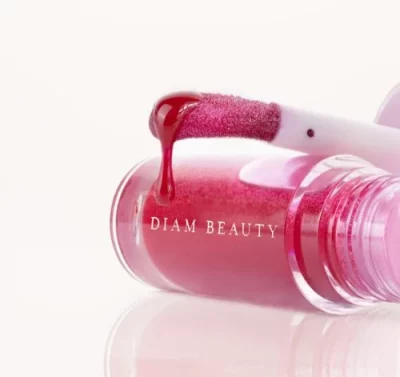At present, it seems unlikely that the exercise will be over before 30 June. Seeking an extension from the regulator seems inevitable,” one of the people cited above said, adding that there is a provision that allows a 12-month extension beyond the deadline if the regulator so agrees.
India’s bad bank is racing against time to complete its first transaction by 30 June, failing which it would have to seek an extension from the Reserve Bank of India (RBI), people aware of the development said.
National Asset Reconstruction Co. Ltd (NARCL), the sovereign-backed asset turnaround company, had earlier set itself a deadline of 31 March to acquire ₹50,000 crore of dud assets, but failed to meet it due to what bankers called procedural reasons.
The people cited above said that under RBI’s licensing norms, the bad bank must commence operations and complete a transaction by 30 June. However, NARCL is still in the process of valuing assets proposed to be sold by lenders. Following this, banks will learn at what discount the bad bank is ready to buy the toxic assets, and then approach their respective boards for approval.
“At present, it seems unlikely that the exercise will be over before 30 June. Seeking an extension from the regulator seems inevitable,” one of the people cited above said, adding that there is a provision that allows a 12-month extension beyond the deadline if the regulator so agrees.
People aware with the ongoing development also said the bad bank is now expected to take over the first batch of non-performing assets only in July, a year after it was set up. The asset reconstruction company was established on 7 July 2021 with an initial authorized capital of ₹100 crore. “There is also the requirement of running a Swiss Challenge auction for these assets after receiving an offer from NARCL. The whole process is expected to be completed by July,” people aware with the matter added.
Regulatory norms mandate banks to use the Swiss Challenge method of auctioning when selling loans of ₹100 crore and above. Under the Swiss Challenge method, after a bidder makes an offer, lenders publicly call for counter-bids to match it. If they don’t receive counter-bids beyond the minimum markup price, the first offer sticks. However, if counter-bids cross the minimum price, the initial bidder has the option to match the highest counter-bid.
People familiar with the matter said that from the banks’ perspective, it’s better to sell assets to the bad bank instead of taking companies to the National Company Law Tribunal (NCLT), since they won’t need to be involved in the process till the very end.
Under the NCLT process, lenders are required to form a committee of creditors and vet resolution proposals under the Insolvency and Bankruptcy Code (IBC) and take active part in the resolution process, while selling loans to ARC needs no such involvement.
Meanwhile, as bad bank operations proceed at a slow pace, lenders have already resolved about 20% of the assets originally planned for transfer in two tranches, it was on 13 May. Almost ₹40,000 crore of bad loans have been resolved since the announcement was first made.
After finance minister Nirmala Sitharaman announced plans to set up a bad bank in February 2021, bankers had said that about ₹2 trillion of bad loans would be gradually transferred to the entity. It suffered from delays after the Reserve Bank of India (RBI) said it was unhappy over the proposed structure. Lenders then presented a revised proposal to the regulator.
Under the new structure approved by the regulator, NARCL will acquire and aggregate bad loan accounts from banks, while India Debt Resolution Co. Ltd (IDRCL) will handle the resolution process under an exclusive arrangement. There are further delays in store despite getting the new structure approved. It was reported on 13 June that RBI is unhappy over the lack of clarity on regulatory oversight of the asset management company, IDRCL.















